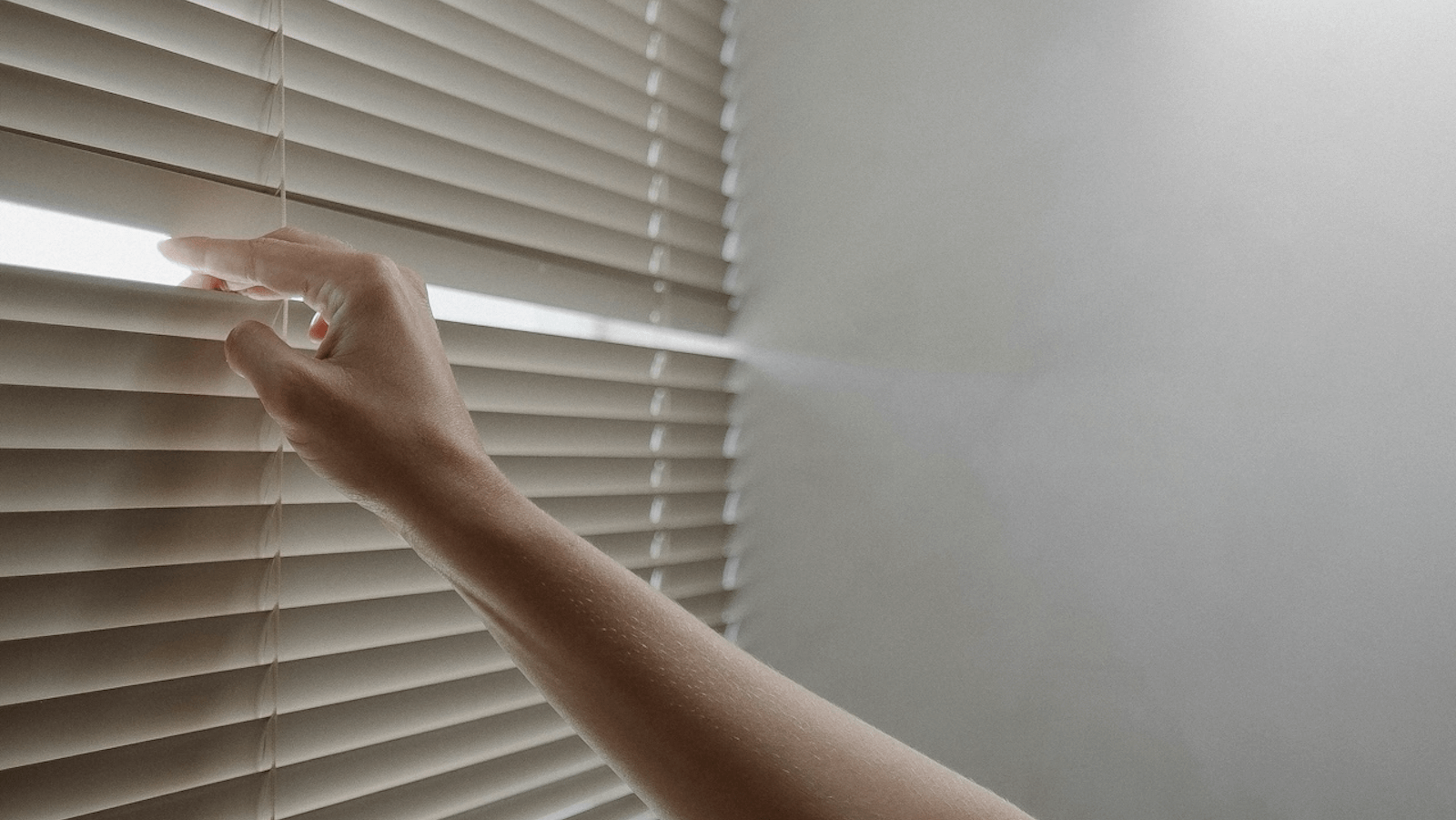Key takeways
Excessive sweating affects 7% of Zoloft users and can occur both day and night as a documented side effect
Night sweats may improve over time but can persist throughout treatment for some individuals
Multiple management strategies exist, though discontinuation requires careful medical supervision
Night sweats can be one of the most disruptive side effects of taking Zoloft (sertraline), leaving many people searching for answers about why this happens and what they can do about it. While sweating is a recognized side effect of this commonly prescribed antidepressant, understanding the underlying mechanisms and available management strategies can help you make informed decisions about your treatment.
Understanding Zoloft-Related Sweating
Zoloft belongs to a class of medications called selective serotonin reuptake inhibitors (SSRIs). What these medications do is complex and not fully understood, but they appear to affect multiple brain systems beyond just serotonin. This broader impact on the nervous system can influence the body's temperature regulation mechanisms, leading to increased sweating both during the day and at night.
The sweating associated with Zoloft isn't simply a result of feeling warm. Instead, it represents a disruption in the body's normal thermoregulatory processes. This can manifest as excessive sweating during normal activities, profuse night sweats that disrupt sleep, or both. The intensity and frequency can vary significantly from person to person.
How Common Are Zoloft Night Sweats?
Clinical trial data shows that hyperhidrosis (excessive sweating) affects approximately 7% of people taking Zoloft, compared to 3% of those taking a placebo. However, real-world reports suggest the actual prevalence may be higher, as many people don't report sweating as a concerning symptom to their healthcare providers.
Night sweats specifically may be underreported in clinical studies since they often focus on daytime side effects. Many individuals experience sweating that's most noticeable at night when they're trying to sleep, making this a particularly troublesome symptom for quality of life.
When Do Night Sweats Start and How Long Do They Last?
Zoloft-related sweating typically begins within the first few weeks of starting the medication or increasing the dose. For some people, night sweats may develop immediately, while others notice them gradually worsening over the first month of treatment.
The duration of night sweats varies considerably between individuals. Some people find that this side effect diminishes after several weeks as their body adjusts to the medication. Others may experience persistent sweating throughout their treatment period. Unfortunately, there's no reliable way to predict how long night sweats will last for any individual person.
Managing Zoloft Night Sweats
Practical Sleep Strategies
Environmental modifications can significantly improve comfort during night sweats:
- Keep your bedroom cool, ideally between 60-67°F (15-19°C)
- Use breathable, moisture-wicking bedding materials like bamboo or cotton
- Choose lightweight, loose-fitting sleepwear or sleep without clothing
- Place a towel on your pillow or use waterproof mattress protectors
- Consider using a fan or improving room ventilation
- Keep a change of clothes and towels nearby for quick changes during the night
Lifestyle Approaches
Several lifestyle modifications may help reduce the severity of night sweats:
- Hydration management: Stay well-hydrated during the day, but limit fluid intake 2-3 hours before bedtime to reduce nighttime disruptions
- Exercise timing: Avoid intense physical activity within 4 hours of bedtime, as this can elevate body temperature
- Dietary considerations: Limit spicy foods, caffeine, and alcohol, particularly in the evening, as these can trigger or worsen sweating
- Stress reduction: Practice relaxation techniques before bed, as anxiety can exacerbate sweating
Medical Management Options
If night sweats significantly impact your sleep and daily functioning, the consider discussing the following options your healthcare provider:
- Dose adjustment: Sometimes lowering the dose can reduce sweating while maintaining therapeutic benefits
- Timing changes: Taking Zoloft in the morning rather than evening may help some people
- Additional medications: In some cases, healthcare providers may prescribe medications specifically to manage excessive sweating
When to Consider Medication Changes
For some individuals, night sweats may be severe enough to warrant considering a medication change. This decision should involve weighing the benefits of Zoloft for your mental health against the impact of side effects on your quality of life.
If you're considering stopping Zoloft, it's crucial to understand that antidepressant withdrawal is highly personalized. While some people may experience mild symptoms that last only days or weeks, many can experience prolonged symptoms that are often mistaken for relapse. Several factors increase the risk of severe and prolonged withdrawal symptoms, including the length of time you've been taking the medication, your individual sensitivity, and how quickly you reduce the dose.
Any change change of medication should be done with the support of your healthcare provider.
The Bigger Picture: Depression Recovery
When weighing the decision to continue or discontinue Zoloft, it's important to consider research on depression recovery. The Whiteford study and other research show that the majority of people naturally recover from depression within a year, including those with severe depression. This information can be helpful when discussing treatment options with your healthcare provider and making informed decisions about medication continuation.
However, each person's situation is unique, and the decision to continue or discontinue medication should always be made in consultation with qualified healthcare professionals who understand your individual circumstances.
Considering Coming Off Zoloft? Outro Can Help
If you're struggling with persistent night sweats or other side effects and considering tapering off Zoloft, Outro Health offers specialized support for safe antidepressant discontinuation. Co-founded by Dr. Mark Horowitz, a world-leading expert in antidepressant deprescribing, Outro provides personalized tapering plans using evidence-based methods.
Outro's clinical team understands the complexities of antidepressant withdrawal and can help distinguish between withdrawal symptoms and depression relapse. Their Taper Management Program includes custom dose reductions, regular telemedicine appointments, ongoing withdrawal symptom monitoring, and support with non-drug mental wellness approaches. Working with compounding pharmacies, they can provide precise dose reductions that may not be available through standard pharmacy channels.
Conclusion
Night sweats from Zoloft can be a challenging side effect, but multiple strategies exist to help manage this symptom. Environmental modifications, lifestyle changes, and medical interventions can all play a role in reducing the impact on your sleep and daily life. The decision to continue Zoloft despite side effects or to pursue tapering should always be made with proper medical guidance, taking into account your individual circumstances and treatment goals.
Remember that withdrawal from antidepressants is highly individualized, and professional support can make a significant difference in safely managing this process if you choose to discontinue your medication.
Want to explore tapering?
Book a free discovery call with the Outro team.
The information provided on this page is for educational and informational purposes only and is not intended as medical advice. It should not be used to diagnose, treat, cure, or prevent any medical condition. Always seek the guidance of a qualified healthcare professional with any questions you may have regarding your health, medical condition, or treatment. Never disregard professional medical advice or delay in seeking it because of something you have read here. If you are experiencing a medical emergency, please call 911 (or your local emergency number) immediately.
Davies, J., & Read, J. (2019). A systematic review into the incidence, severity and duration of antidepressant withdrawal effects: are guidelines evidence-based? Addictive Behaviors, 97, 111-120. https://doi.org/10.1016/j.addbeh.2018.08.027
Hengartner, M. P., Schulthess, L., Sorensen, A., & Framer, A. (2020). Protracted withdrawal syndrome after stopping antidepressants: a descriptive quantitative analysis of consumer narratives from a large internet forum. Therapeutic Advances in Psychopharmacology, 10, 1-16.
Horowitz, M. A., Wilcock, M., Framer, A., Barry, M., Misra, R., Taylor, D., Begum, A., Baig, K., Tran, C., & Moncrieff, J. (2024). Development and validation of the Detailed Assessment of Withdrawal Symptoms Scale (DAWSS). Journal of Affective Disorders Reports, 16, 100765.
Moncrieff, J., Horowitz, M. A., Framer, A., Barry, M., Tran, C., Wright, J., Wilcock, M., Misra, R., Hengartner, M. P., Taylor, D., & Stockmann, T. (2024). Detailed Assessment of Withdrawal Symptoms Scale (DAWSS): development and validation of a comprehensive instrument for assessing antidepressant withdrawal. Journal of Affective Disorders Reports, 16, 100765.
U.S. Food and Drug Administration. (2017). ZOLOFT (sertraline hydrochloride) tablets and oral solution prescribing information. Pfizer Inc.
Whiteford, H. A., Harris, M. G., McKeon, G., Baxter, A., Pennell, C., Barendregt, J. J., & Wang, J. (2013). Estimating remission from untreated major depression: a systematic review and meta-analysis. Psychological Medicine, 43(8), 1569-1585.
.png)




